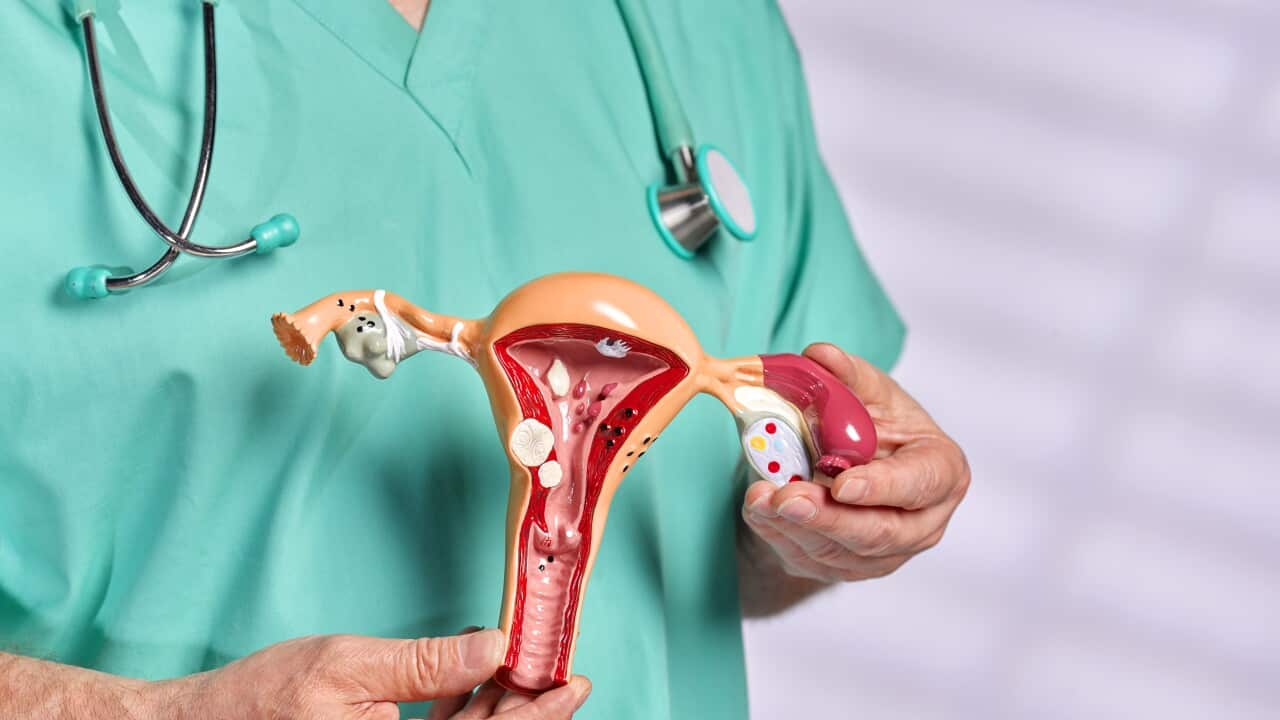Endometriosis is a chronic disease associated with a variety of symptoms. These may include severe pain during periods, sexual intercourse and bowel movements, as well as bloating, nausea, and fatigue. Endometriosis can be linked to mental health conditions such as depression and anxiety. In some cases, endometriosis can impact fertility.
This broad range of symptoms means that healthcare workers and people suffering from the symptoms don't easily identify endometriosis as a possible cause. This can cause a lengthy delay between the onset of symptoms and diagnosis.
It's a combination of some doctors not having experience, some of the symptoms not being very specific, some other conditions that are not endometriosis having similar symptoms. It's not uncommon to take a few years before having a definitive diagnosis.Associate Professor Alex Ades
This difficulty to diagnose endometriosis is also partly due to doctors and patients considering period pain to be normal.
One of the primary reasons that we find that people are not diagnosed in the very early stages is the idea that pain and menstruation is just a fact of life. Pain has been normalised and we need to ensure that patients realise that pain that is debilitating, that stops you from living your life, is not normal.Alexis Wolfe, Endmetriosis Australia
The gold standard for getting a definite diagnosis is by having a laparoscopy.
Once a patient has been officially diagnosed, they must find effective treatment and learn how to live with the disease, given the fact that there is no known cure for endometriosis.


